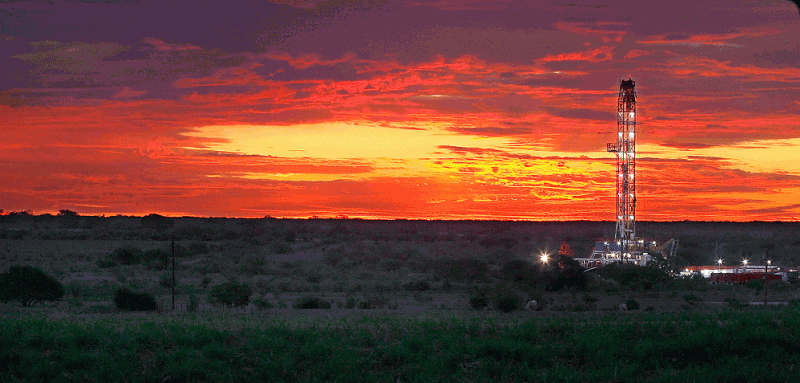The month of January serves as Human Trafficking Awareness Month. Governor Abbott has proclaimed January 2025 as Human Trafficking Prevention Month. During this month, advocates, organizations, and individuals unite to raise awareness about this very important issue. According to the Department of Homeland Security, human trafficking is “modern-day slavery and involves the use of force, fraud, or coercion to obtain some type of labor or commercial sex act.” Human trafficking is not the same as human smuggling, which involves the illegal transportation of a person across a border. Victims of human trafficking are of all genders, ages, races, countries, socioeconomic statuses, and so on. While human trafficking can happen to anyone, people who are already in vulnerable situations – such as people experiencing homelessness – may be more likely to be targeted.
Human trafficking is often thought to be an international issue, however, this crime exists in all fifty states within the United States. Human trafficking has become the second-largest criminal activity/industry in the US and generates billions of dollars in illegal profits annually. According to the Human Trafficking Institute, 22,326 people were identified as victims or survivors of human trafficking. In addition to this, The National Human Trafficking Hotline reported that over 11,500 human trafficking cases were reported in the U.S. Approximately 1,080 of these cases were reported from within Texas. It is crucial to continue to be proactive and increase our partnerships and collaborations with organizations or governmental entities locally and throughout our nation to stop this activity and bring awareness to this issue.
In order to prevent human trafficking, we must expand our knowledge of the issue. Understanding what human trafficking is and how to recognize it is essential. Some resources to review are the Polaris Project https://polarisproject.org/human-trafficking and the Blue Campaign https://www.dhs.gov/blue-campaign. To research statistics and other facts about human trafficking in Texas, visit the Texas Human Trafficking Task Force Reports https://www.texasattorneygeneral.gov/initiatives/human-trafficking.
The Texas Legislature continues to work diligently to introduce legislation to combat this industry. For this reason, the current anti-human trafficking laws were reviewed and revised throughout the most recent Legislative Session to ensure the prosecution of these criminals continues and stops others from being involved in these activities. The goal is to create laws that stop, prevent, and end the human trafficking epidemic.
If you have questions regarding any of the information mentioned in this week’s article, please do not hesitate to call my Capitol or District Office. Please always feel free to contact my office if you have any questions or issues regarding a Texas state agency, or if you would like to contact my office regarding constituent services. As always, my offices are available at any time to assist with questions, concerns or comments (Capitol Office, 512-463-0672; District Office, 361-949-4603).
– State Representative Todd Hunter, District 32
Rep. Hunter represents Nueces County (Part). He can be contacted at todd.hunter@house.texas.gov or at 512-463-0672








